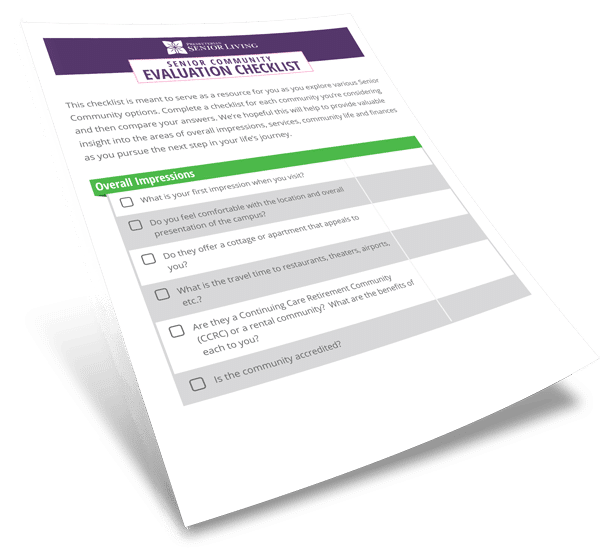
The Importance of Maintaining a Healthy Weight in Seniors
Updated from the original publication on June 11, 2020.
Maintaining a healthy weight is not only more challenging, but even more important as we age. You can support your aging loved one's health and continued independence by supporting healthy lifestyle choices.
Why Does Weight Matter?
 Weight— whether overweight or underweight— has a direct impact on the health and well-being of seniors in multiple ways:
Weight— whether overweight or underweight— has a direct impact on the health and well-being of seniors in multiple ways:
- Obesity is a leading risk factor for type 2 diabetes and heart disease.
- Being overweight can limit mobility and make maintaining independence more challenging due to the strain on lower extremity joints.
- Obesity in seniors increases the risk of respiratory disease, arthritis, and skin conditions.
- Losing weight is harder for older adults, so obesity can be challenging to reverse.
- Being underweight increases the risk of fracturing a bone and can weaken the immune system.
Understanding the risks associated with weight gain or weight loss in older adults is the first step in healthy weight management.
Why is it So Hard for Seniors to Lose or Gain Weight?
The truth is, seniors aren't the only ones who struggle to lose weight. Starting as early as late 20's or early 30's, a decline in metabolism makes maintaining a healthy weight harder and losing weight even more difficult. In addition, other factors play a part:
- Aging muscles can lose tone, limiting your loved one's ability to exercise regularly and maintain daily physical activity levels.
- Hormonal changes can result in redistribution of weight and muscle loss.
- Support from like-minded seniors may be limited due to the physical restrictions and health of peers.
For some seniors, the very opposite is true. Chronic illness, decreased appetite, or declining mental status can make eating and absorbing nutrients a challenge, resulting in significant weight loss. For these seniors, gaining enough weight to stay healthy is often difficult.
Even with these limitations, your loved one can take measures to maintain a health weight into their senior years.
How to Maintain a Healthy Weight
Seniors can take simple steps to manage their weight and health as they age. Getting an annual physical is critical in identifying risk factors associated with weight gain or loss and discussing appropriate diet and lifestyle changes in response. Maintaining an active lifestyle by walking daily, performing as many activities of daily living independently as possible, and joining age or ability appropriate fitness groups or classes are great ideas for both overweight and underweight seniors.
Making healthy choices when it comes to meals and snacks is often the most effective way to lose weight; choosing lean protein, lots of colorful vegetables, whole grains, and two servings of fruit daily is a good guideline for healthy seniors. Seniors with health considerations should consult their doctor regarding the best diet. Drinking plenty of water and staying occupied with hobbies to prevent over-snacking out of boredom. Seniors who are considered morbidly obese may benefit from surgical treatment to reduce the size of the stomach. Following the procedure, however, diet changes are critical in maintaining weight loss.
Older adults who are struggling to gain weight can try to eat several smaller meals and snacks per day if eating more food at meal times is hard. You can also consider supplementing their diet with a protein shake.
Benefits of Weight Management: Is It Worth It?
Convincing your loved one that investing time and effort into weight management is important isn't always as easy as it sounds. Sometimes the most effective way to discuss weight loss is to remind your loved one that maintaining a healthy weight can help them maintain mobility, which increases their chances of doing the things they love for as long as possible.
For more information on staying healthy during your senior years, download our free eBook! 
About Presbyterian Senior Living
As the trusted leader in aging services, Presbyterian Senior Living combines over 95 years of experience with innovative approaches to senior communities and services. Across our 27 communities in PA, MD, OH, and DE, we serve over 6,500 seniors. We are committed to: FOSTERING teamwork and responsibility. UPHOLDING integrity in every action. EMBRACING innovation to create opportunities for everyone’s success. LEADING with compassion and respect.


